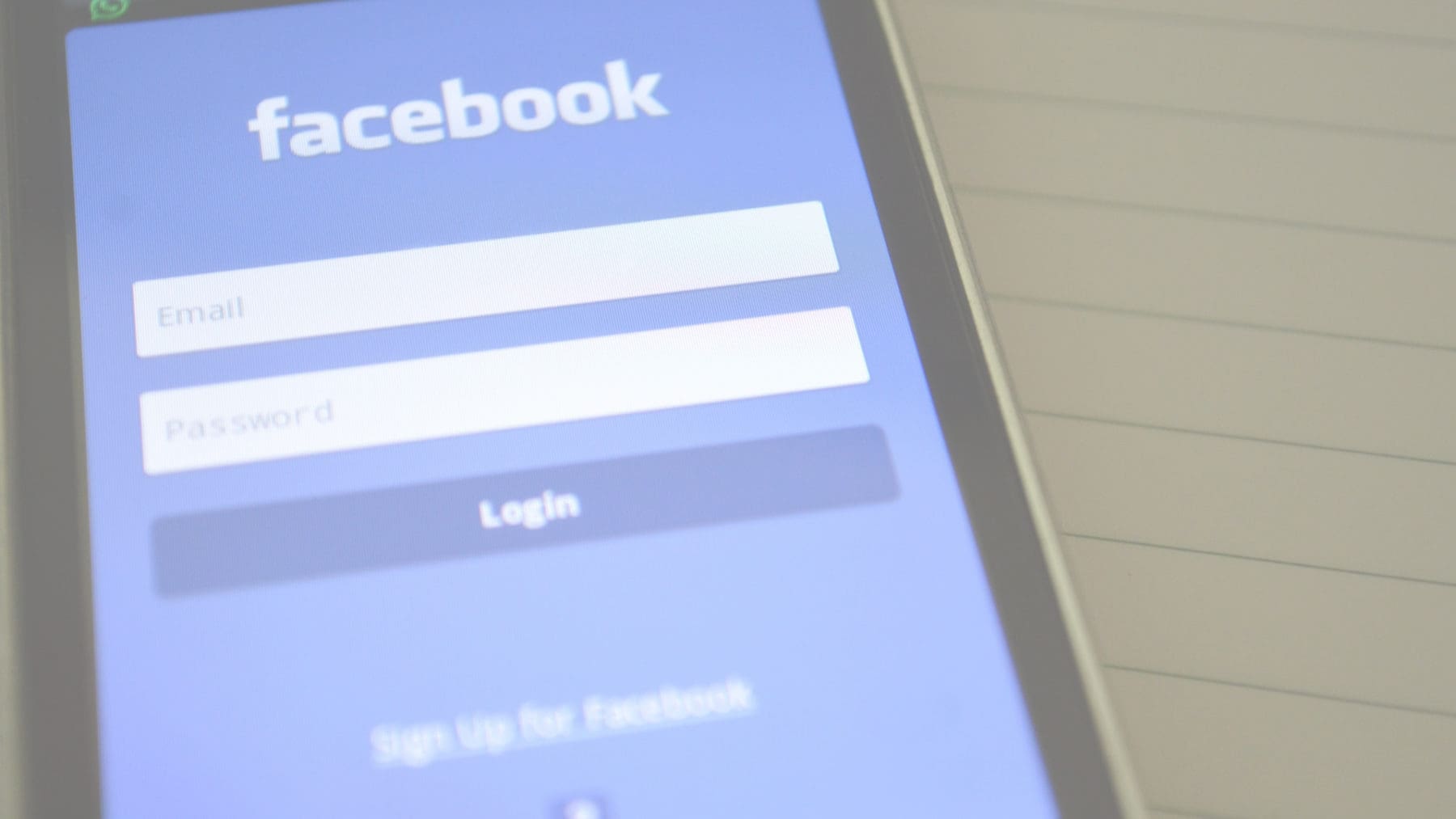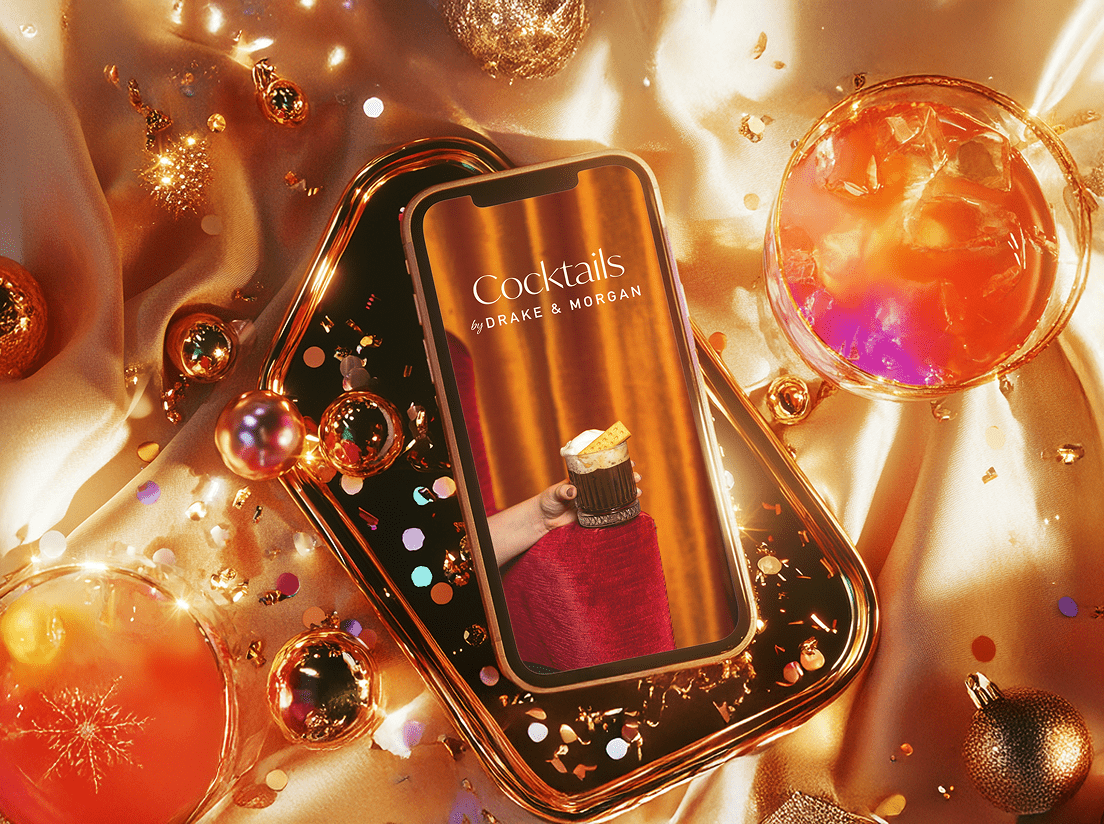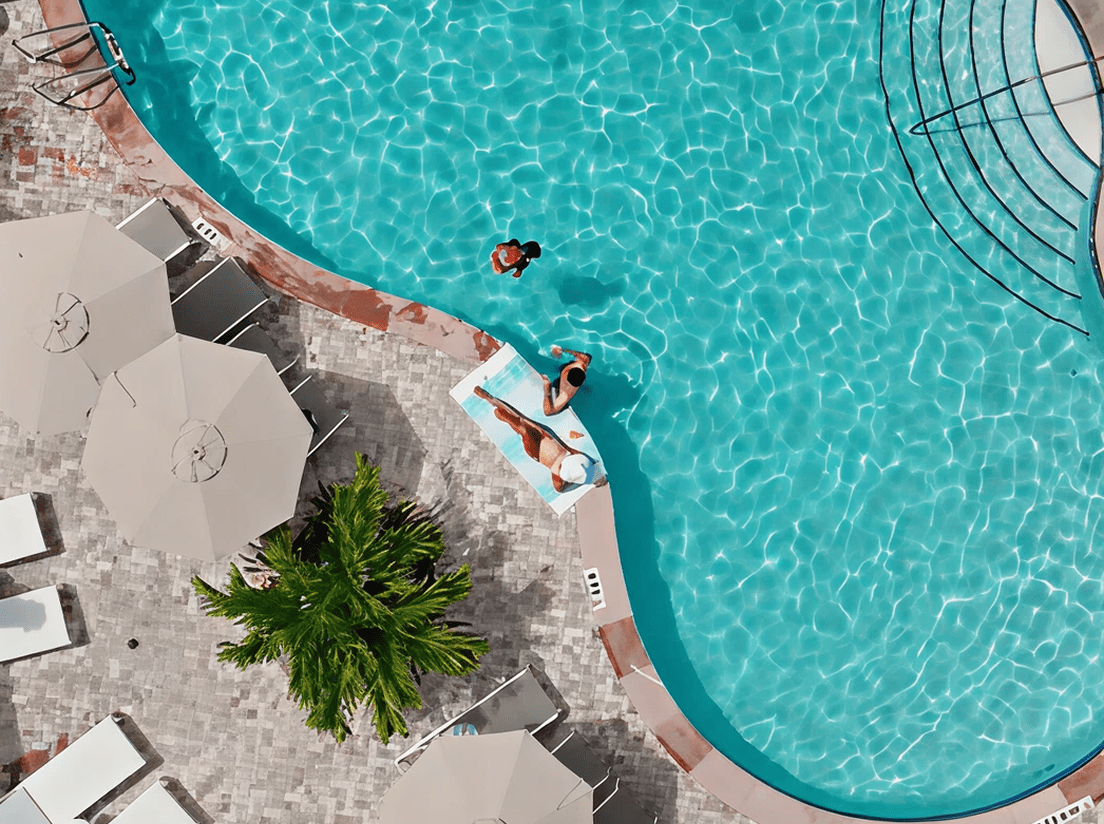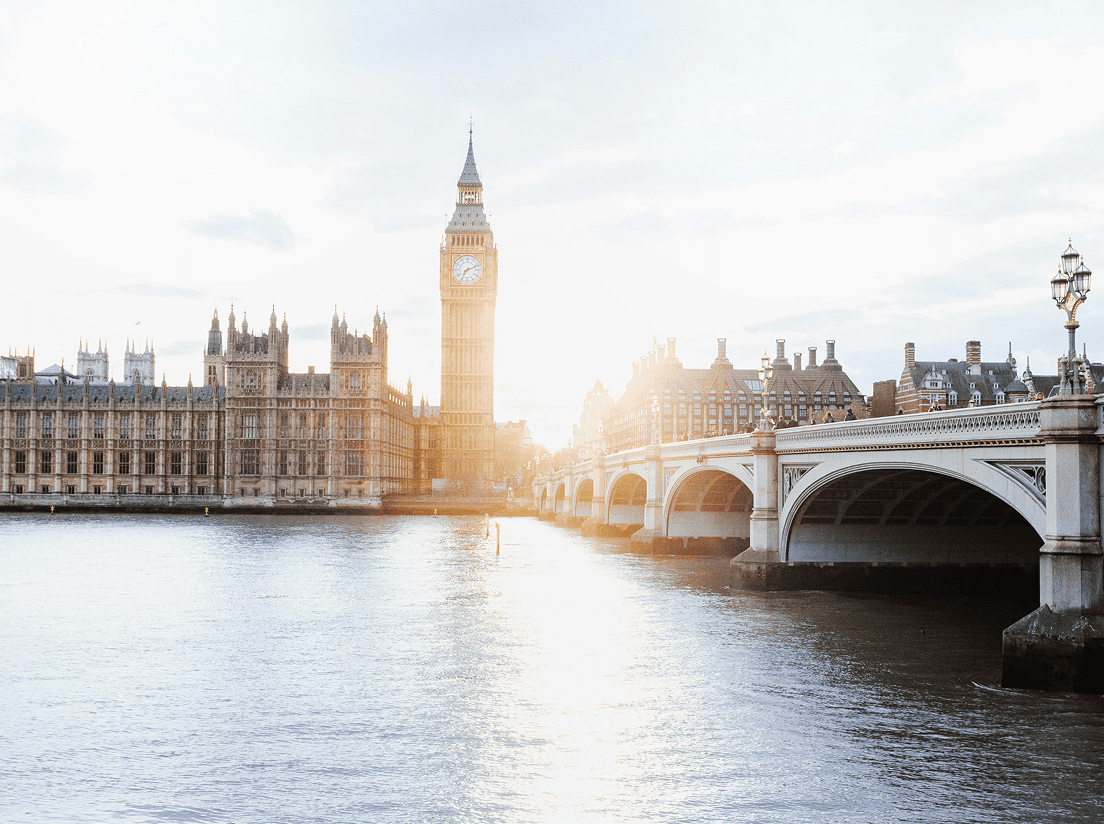
A Story Worth TellingStories inspire travelers, evoke emotions and allow people to remember your brand. A study by Media Dynamics Inc. revealed that the average person is exposed to 362 ads per day. According to a report from Informate Mobile Intelligence a person spends around 4.7 hours on social media a day. Considering all the noise consumers are exposed to, a story is a great way to create a personal relationship and capture the attention of guests. Guests are looking for customized experiences and storytelling has the potential to be a great tool to differentiate your hotel among competitors. Guests aren’t only drawn by promises, reviews or simple accommodations. They want to be part of something greater and be able to relate to your story.How To Find That “Je Ne Sais Quoi”When figuring out your story it’s important to avoid typical clichés such as “Come and experience the vacation of a lifetime…” Be different and create relevant content. It’s easy to get side tracked on the business side of things and forget the real essence of the hotel. Finding out what your story is can be challenging, and hoteliers should take a step back and really distinguish the identity of their hotel. Your story could revolve around your hotel’s unique selling points (USP). USPs are those characteristics that define the brand’s personality and are the convincing factors that make consumers switch brands. Is your story defined by your location, by your audience, by your architecture, by your staff?Here’s My Story, Now What?Once you find out what really defines your hotel, it’s time to let your audience know about it and let them relate to it. Of course, at this point you should already know who your ideal customers are, but what is be the best way to reach them and successfully communicate your story? Ideally, every time your guests have contact with your brand they should be exposed to your story: on your website, your advertisement and social media platforms. Here are the most used social media channels by hoteliers and some tips to ensure you deliver the right message to the right people.FacebookAccording to the Pew Research Center around 72% of adults are currently on Facebook. Which means, the majority of social media using adults are on Facebook. A study from Atmosphere Research found that 62% of people find travel brands’ Facebook pages helpful when making travel plans. A great example of a successful Facebook strategy is the One & Only Palmilla Hotel. With over 18,000 likes on their page, their content makes you feel like you are already in Los Cabos. You get a great visual experience, and they make sure you get to see all their beautiful amenities. Their story is their location, their staff, and their amazing vibes. By following them you feel transported, and you’ll end up wanting to travel to Los Cabos ASAP.
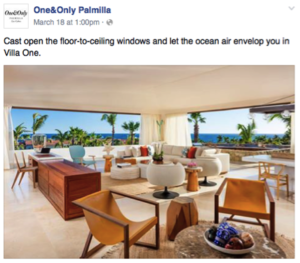
TwitterThe benefit of Twitter compared to other platforms is that it allows your hotel to have multiple real time conversations with your followers at a faster pace. A report from BI Intelligence found that Twitter’s audience is slightly younger than Facebook, which allows brands to be more informal. @StarwoodBuzz is a great example of how to keep the conversation alive with guests and respond to complaints. Furthermore, Starwood’s Twitter feels very personal and less corporate. They have an entertaining tone of voice, and they reveal their culture in every tweet.
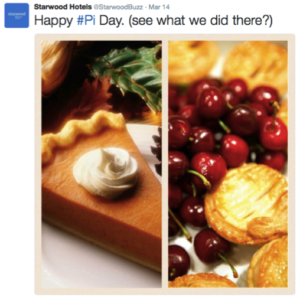
InstagramAs we’ve all heard before, a picture is worth a thousand words. Younger generations, especially millenials, love Instagram due to its simplicity and extremely visual content. This platform allows every hotel to be as artsy as it wants. Delanos Hotels shows perfectly how your hotel should use Instagram. Great images tell the best stories, and this account features current events, their amenities and of course, everyone’s favorite content – FOOD. Their feed lets you know that Delanos Hotel is the right place to enjoy beautiful views and have an amazing time.

SnapchatWhat is all the buzz about this platform? Snapchat is the newest kid in digital marketing and it’s here to help you engage with the youngest audiences. Snapchat is mostly used to let your friends and family know what you are up to. The W has always succeeded in keeping up with new trends, and they were one of the first hotels to implement geo filters. These filters are special overlays added to your picture that feature your location, in this case the hotel logo or a simple message. This filter allows customers to communicate the where and when in a fun different way.

When creating content storytelling can be a powerful tool. Not only does it help your consumers relate to your brand but also makes content memorable and easier to consume. Find your hotel’s story and let the world know what’s your special something. Every story is different and it’s essential to learn which social media channel is the perfect match for what you are trying to say. You will soon have customers coming back to your social media sites looking for more and ultimately returning to your hotel as well. Find your “je ne sais quoi” and share it with the world.

